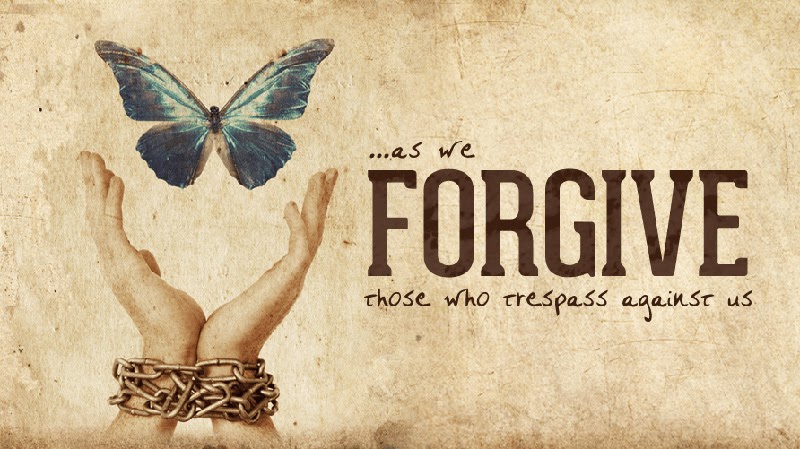Robert Enright grew dissatisfied with his primary area of research, which was in moral development, largely due to the general public’s lack of Interest in allowing moral development to change peoples’ lives. Enright then realized that forgiveness is one aspect of moral development that just might change people’s lives for the good. Enright said, “After many years exploring how people forgive and the results obtained after people forgave have not disappointed me. In fact, I am more impressed today with the power of forgiveness than when I first began (Enright, 2019).
Enright was right. As far as the nature of therapy, Enright’s forgiveness therapy model is rooted in moral development and cognitive development. Forgiveness Therapy is of a biblical nature. Yet everyone from all cultures needs to forgive. It is not limited to Christianity, although Jesus Christ is the author of the faith in the Bible who commanded His followers to forgive. There are many scriptures on this topic of forgiveness. In short, the gospel is, “For God so loved the world, that He gave His only begotten Son that whoever believes in Him shall not perish, but have eternal life (Legacy Standard Bible, 2021, John 3:16).
Why is this? Because if a person believes in Jesus and asks for their sins to be forgiven, then God will forgive them of their sins. This is possible because since the blood of Jesus was shed on the cross at Calvary and paid the price for the sins of humanity, one would be reconciled back to God again and have eternal life in heaven.

References
Enright, R. (2019). Forgiveness is a choice. APA Life Tools. https://www.amazon.com/Forgiveness-Choice-Step-Step-Resolving-ebook/dp/B003ZUXZ5E/ref=tmm_kin_swatch_0?_encoding=UTF8&qid=&sr=
Legacy Standard Bible. (2021). The Lockman Foundation. https://read.lsbible.org/
